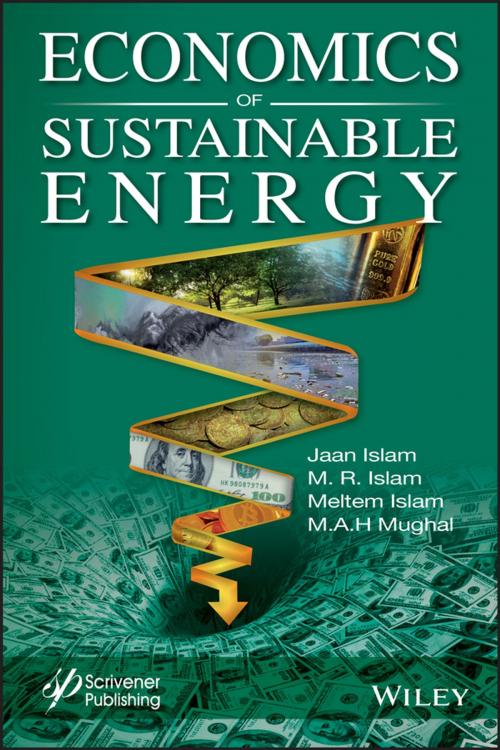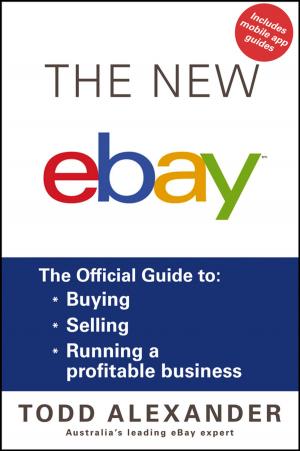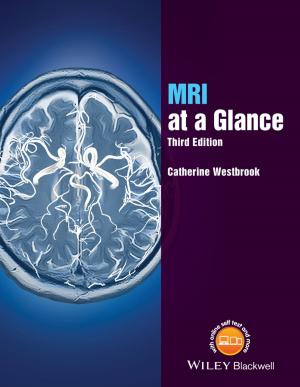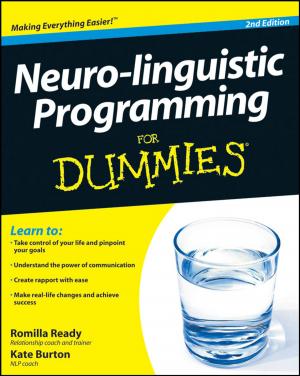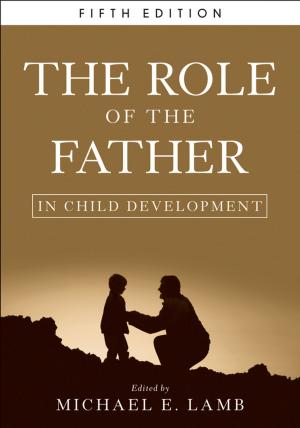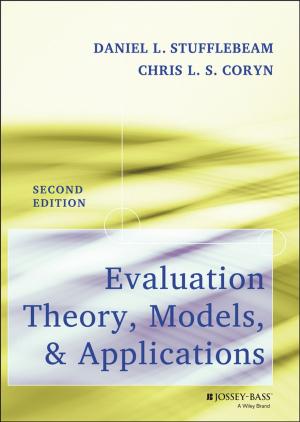| Author: | Jaan S. Islam, M. R. Islam, Meltem Islam, M. A. H. Mughal | ISBN: | 9781119525974 |
| Publisher: | Wiley | Publication: | September 14, 2018 |
| Imprint: | Wiley-Scrivener | Language: | English |
| Author: | Jaan S. Islam, M. R. Islam, Meltem Islam, M. A. H. Mughal |
| ISBN: | 9781119525974 |
| Publisher: | Wiley |
| Publication: | September 14, 2018 |
| Imprint: | Wiley-Scrivener |
| Language: | English |
Every year, as soon as reports on global economic inequality remind us about the direction our civilization is heading, there is a hysterical reaction, but hysteria dies down within weeks and we go back to the lifestyle that brought us here today. Often the blame is laid on the Millennial generation for their “apathy,” “lust for comfort,” and “bratty” attitude. Yet, business insider surveys indicate it’s the same Millennial generation that overwhelmingly cares for the state of the world and the direction in which our civilization is heading. Nearly 50% of them ranked climate change and destruction of nature as their primary concern. This is followed by concern for war and global conflict, and then global economic inequality. The vast majority of those surveyed are willing and eager to make lifestyle changes. This book breaks open the hypocrisy of our civilization and stops the blame game in its tracks and identifies the root causes of today’s world economy, ecology, and global politics.
The book demonstrates that changes in lifestyle are necessary but not sufficient. No economic policy or technology development mode has a chance to survive, let alone thrive unless supported by the political establishment. In this process, the government plays a pivotal role. The challenge is to change the attitude of the government from a ‘self-serving’ controlling mode to a representative philanthropic mode. This new system of economic development and political governance is inspired by a long-forgotten understanding of political economics: medieval Islamic economics. In reviewing the history of economics from trade, currencies, and interest, the strengths and weaknesses of various economic developments over our centuries are evaluated. Based on the historical analysis, a step by step procedure is outlined for this fundamental change in our society today. As a whole, this book is the first of modern era to offer such a comprehensive analysis, complete with solutions to the entire crisis of today’s civilization.
Whether for the student, engineer in the field, economist, or even layperson interested in the subject, this groundbreaking new work is a must-have. Covering one of the most important subjects in our world today, it is a valiant attempt at solving one of the biggest problems facing all of us.
Every year, as soon as reports on global economic inequality remind us about the direction our civilization is heading, there is a hysterical reaction, but hysteria dies down within weeks and we go back to the lifestyle that brought us here today. Often the blame is laid on the Millennial generation for their “apathy,” “lust for comfort,” and “bratty” attitude. Yet, business insider surveys indicate it’s the same Millennial generation that overwhelmingly cares for the state of the world and the direction in which our civilization is heading. Nearly 50% of them ranked climate change and destruction of nature as their primary concern. This is followed by concern for war and global conflict, and then global economic inequality. The vast majority of those surveyed are willing and eager to make lifestyle changes. This book breaks open the hypocrisy of our civilization and stops the blame game in its tracks and identifies the root causes of today’s world economy, ecology, and global politics.
The book demonstrates that changes in lifestyle are necessary but not sufficient. No economic policy or technology development mode has a chance to survive, let alone thrive unless supported by the political establishment. In this process, the government plays a pivotal role. The challenge is to change the attitude of the government from a ‘self-serving’ controlling mode to a representative philanthropic mode. This new system of economic development and political governance is inspired by a long-forgotten understanding of political economics: medieval Islamic economics. In reviewing the history of economics from trade, currencies, and interest, the strengths and weaknesses of various economic developments over our centuries are evaluated. Based on the historical analysis, a step by step procedure is outlined for this fundamental change in our society today. As a whole, this book is the first of modern era to offer such a comprehensive analysis, complete with solutions to the entire crisis of today’s civilization.
Whether for the student, engineer in the field, economist, or even layperson interested in the subject, this groundbreaking new work is a must-have. Covering one of the most important subjects in our world today, it is a valiant attempt at solving one of the biggest problems facing all of us.
